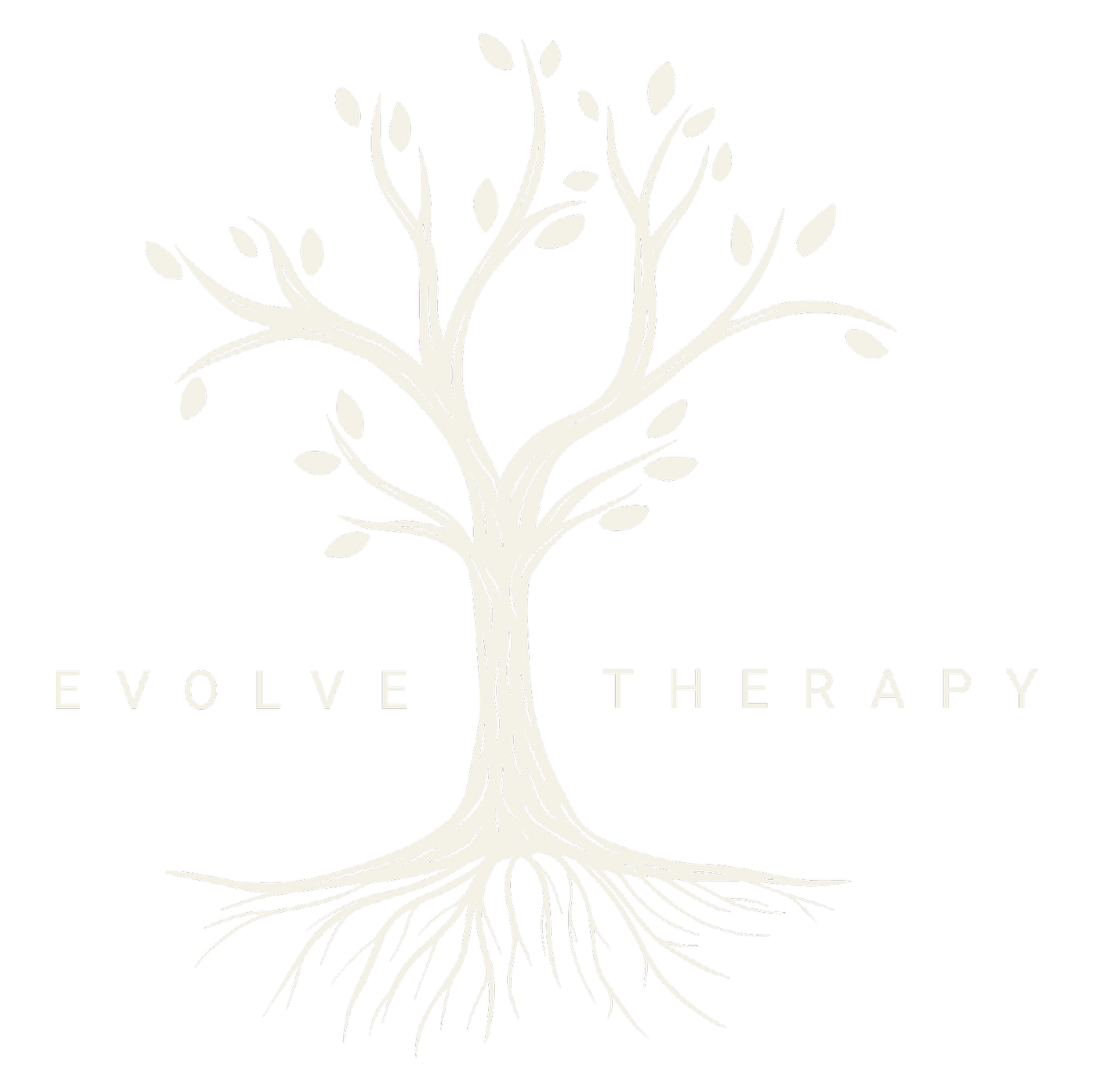Anxiety: How to Stop Burnout Before It Becomes Chronic
TL;DR
Burnout is more than just stress—it’s a nervous system stuck in survival mode.
Millennials are experiencing burnout at higher rates due to work pressure, perfectionism, and unresolved trauma.
Anxiety therapy in Phoenix, AZ helps heal the root cause, not just the symptoms, through DBR, CBT, somatic therapy, and trauma-informed approaches.
You can choose weekly individual sessions for steady progress or a therapy intensive for deeper, faster relief.
Why Burnout Feels So Heavy
Life can be busy—work deadlines, family responsibilities, social obligations. For many millennials, it feels like there’s never enough time to truly rest.
At first, it’s just stress. But over time, it turns into something heavier—burnout. Suddenly you’re:
Tired all the time, even after a full night’s sleep
Snapping at loved ones, then feeling guilty
Struggling to focus on even simple tasks
Wondering why you can’t “just push through” like you used to
If this feels familiar, you’re not alone. Burnout happens when anxiety and stress become too much for your nervous system to process. But the good news? You don’t have to stay stuck here.
Why Burnout Can Become Chronic
Burnout doesn’t go away with just a weekend off. Here’s why:
Your nervous system is stuck in overdrive. Even when you’re resting, your body still feels like it’s “on alert.”
Anxiety builds in the background. You might feel restless, overthink everything, or have trouble sleeping.
Your body starts showing symptoms. Migraines, tension, IBS, or chronic pain can flare up.
Perfectionism and people-pleasing keep you stuck. You keep saying “yes” even when you’re depleted.
This cycle doesn’t break on its own. Without support, temporary burnout can turn into long-term emotional and physical exhaustion.
3 Practical Tools to Stop Burnout Early
Here are three simple ways to start resetting your nervous system today:
Pause and notice what your body feels. Burnout often shows up as tightness, fatigue, or shallow breathing. Even 1–2 minutes of slowing your breath can help shift your body out of “fight or flight.”
Say “no” more often. Boundaries protect your time and energy. It’s okay to decline invitations or delegate tasks.
Do one thing that brings calm each day. This could be a quiet walk, journaling, or even listening to a calming playlist. Small, consistent actions matter.
These tools can help temporarily—but if burnout has been building for months (or years), therapy can help you heal the deeper layers that keep you in this cycle.
How Anxiety Therapy Helps Heal Burnout
Most burnout isn’t just about a busy schedule. It’s rooted in how your nervous system learned to handle stress—often from early life experiences.
Through anxiety therapy we’ll work together to:
Understand your anxiety patterns and what fuels your burnout
Calm the body’s chronic stress response
Heal deeper perfectionism and self-criticism that keep you overworking
Build new ways of responding to stress so you can feel more grounded and present
Why Many Clients Choose Therapy Intensives for Burnout
Weekly sessions are helpful—but if you’re feeling completely stuck or depleted, a therapy intensive can be life-changing.
Instead of months of 50-minute sessions, an intensive gives you:
3–6 hours of focused support in one day
Space to deeply process the patterns driving your burnout
A sense of clarity and relief without waiting weeks for progress
Clients often describe an intensive as “finally feeling like I could breathe again.”
Takeaways
Burnout is a nervous system issue, not just a time management problem.
Without support, it can lead to anxiety, chronic fatigue, and physical symptoms.
Anxiety therapy in Phoenix, AZ helps you heal the root causes of burnout.
Therapy intensives are a powerful option for deeper, faster relief.
Ready to Feel Like Yourself Again?
Burnout doesn’t have to be permanent. With the right support, you can calm your nervous system, heal the root causes, and find a sustainable way forward.
Schedule your 15-minute consultation to explore whether weekly sessions or a therapy intensive is the best next step for you.
Looking to connect with an anxiety and trauma therapist in Phoenix who understands chronic stress and burnout?
Take the first step toward calm, clarity, and emotional balance.
(Arizona and Connecticut residents only)
About the Author
Beth Freese, LPC, is a trauma and anxiety therapist and chronic pain expert specializing in EMDR and Deep Brain Reorienting (DBR). She offers virtual therapy and in-person intensives in Arizona and Connecticut, helping clients move beyond overwhelm and reconnect with themselves.




